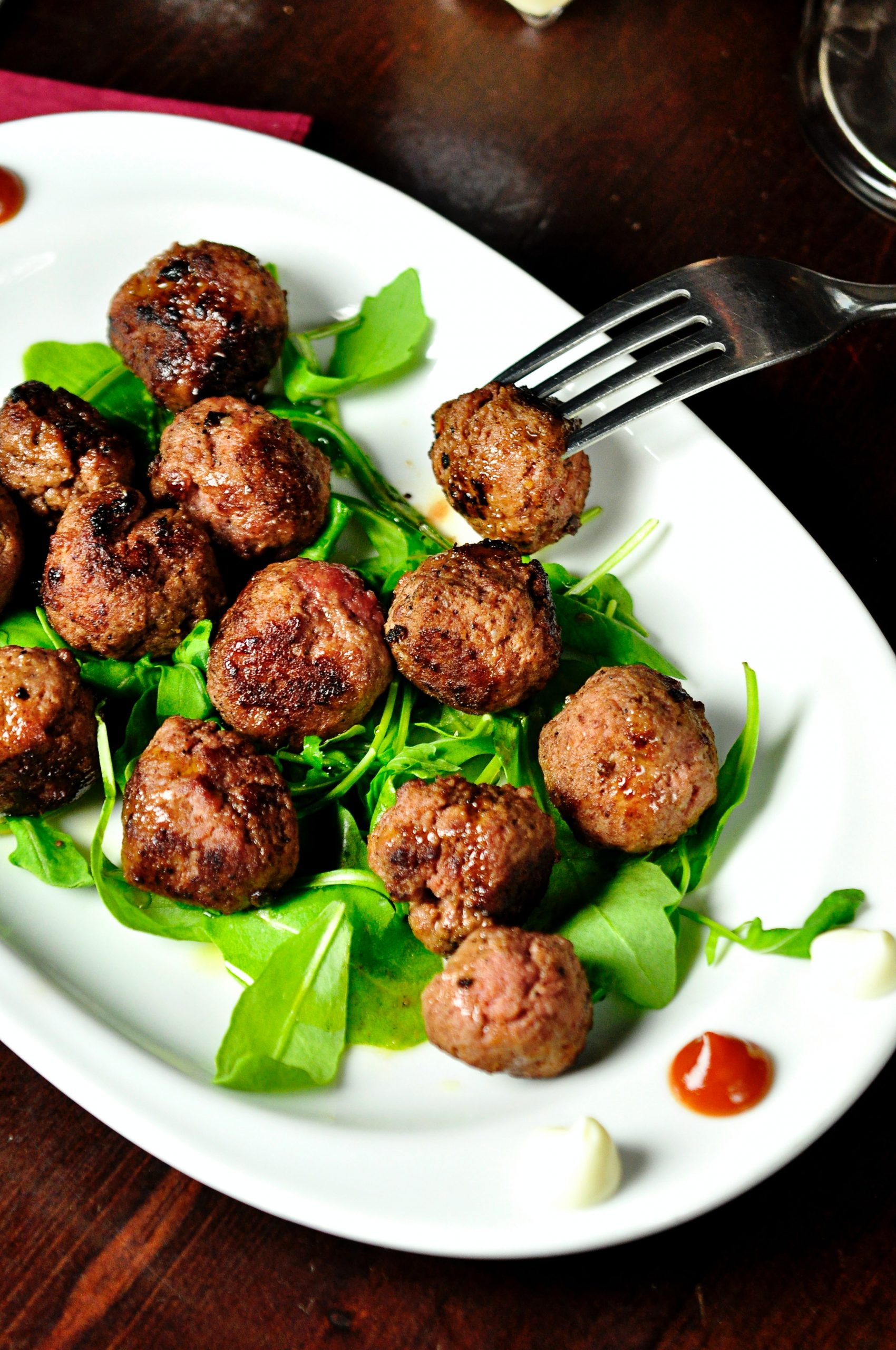High protein diets have been shown to have various health benefits when it comes to disease prevention and weight loss. However, the evidence for high protein when it comes to insulin resistance and the resulting effect on weight loss maintenance is unclear.
Background
Many studies have explored the effect of dietary intake on the prevention of type 2 diabetes and weight loss. One well-known study, the PREVIEW study, hypothesised that a high protein, low GI diet would support weight loss maintenance and reduce insulin resistance compared to a moderate protein, moderate GI diet. However, the study found that both groups achieved significant weight loss maintenance and reduced HOMA-IR and HbA1c.
Researchers designed a secondary analysis of a trial to explore the relationship between increased protein intake, decreased energy intake and blood glucose parameters such as HOMA-IR and HbA1c.
The study
The original PREVIEW study was a multi-centre randomised controlled trial designed to identify an effective lifestyle intervention for preventing development of type 2 diabetes in those diagnosed with prediabetes.
Participants were aged 25-70 years with a BMI >25 and prediabetes. Exclusion criteria included type 2 diabetes, cardiovascular disease, blood pressure >160/100, liver disease, current diagnosis of cancer or remission for less than 5 years, chronic digestive disorders, bariatric surgery, pregnancy or lactation, weight change of <5% within the past 2 months and any food intolerances or special diets that could interfere with the study.
The original study designed included an 8 week weight loss diet followed by 148 weeks of weight maintenance using one of 4 interventions:
- Moderate protein, moderate intensity physical activity
- Moderate protein, high intensity physical activity
- High protein, moderate intensity physical activity
- High protein, high intensity physical activity
Measures including energy intake, HbA1c, BMI and eating behaviours were assessed during the original study. From these, a secondary analysis of the data was conducted to assess the association between protein intake, energy intake and measures of blood glucose regulation and BMI.
The analysis included 1822 at week 0, which then decreased to 833 by week 156 (the conclusion of the study).
The findings
Increased protein intake and decreased energy intake were associated with reduction in BMI. However, they were not independently associated with decreased HOMA-IR.
Increased protein intake was also associated with a decrease in HbA1c.
Conclusions
It was concluded that for adults with prediabetes, increased protein intake and reduced energy intake were not associated with reductions in HOMA-IR independent of decreased BMI. However, increased protein intake was associated with a reduction in HbA1c.
These effects may contribute to reducing the incidence of type 2 diabetes in people with prediabetes and overweight or obesity.
Despite its many strengths, researchers did note the limitation of the original study being a randomised controlled trial, but it was analysed as an observational study. The analysis implies that the outcomes may be due to differences between the participants, rather than the interventions used.
Further studies to confirm the impact of protein intake on blood glucose parameters, insulin resistance and BMI are required.
References
Drummen, M., Adam, T.C., Macdonald, I.A., Jalo, E., Larssen, T.M., Martinez, J.A., Handjiev-Darlenska, T., Brand-Miller, J., Poppitt, S.D., Stratton, G. and Pietiläinen, K.H., 2021. Associations of changes in reported and estimated protein and energy intake with changes in insulin resistance, glycated hemoglobin, and BMI during the PREVIEW lifestyle intervention study. The American Journal of Clinical Nutrition.
Fogelholm, M., Larsen, T.M., Westerterp-Plantenga, M., Macdonald, I., Martinez, J.A., Boyadjieva, N., Poppitt, S., Schlicht, W., Stratton, G., Sundvall, J. and Lam, T., 2017. PREVIEW: prevention of diabetes through lifestyle intervention and population studies in Europe and around the world. Design, methods, and baseline participant description of an adult cohort enrolled into a three-year randomised clinical trial. Nutrients, 9(6), p.632.

